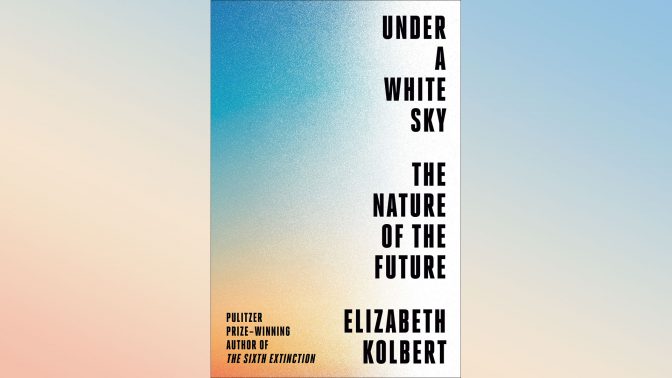

Or ideas on how suppression gene drives can kill off a whole animal (invasive) species, with 100 of such genetically manipulated mice being able to eradicate a population of 50.000 mice on a island according to simulations.Īll in all it's a grim reminder that we live in a world were people outweigh wild mammals 8 to 1, and including our livestock and the ratio increases to 22 to 1. Margaret Atwood like situations however lurk in this field, for instance male chickens who glow green by spliced jellyfish genes, leading the species to be easier and more effectively bred, might be more sustainable in a sense, but gives me a deep sense of unease. No wonder that some scientist are turning to new technologies to make species more adaptive to changing circumstances, for instance by "assisted evolution" of corals (in response to The Great Barrier Reef, which is greater than Italy, losing 50% of its coral through a heat shock in the past decade) and other attempts to harness CRISPR’s enormous power. Even a very small population of fish in the vicinity of Death Valley brings about more efforts than one can possibly imagine upfront. How difficult it is however to keep species and ecosystems alive, and how easy it is to upset the balance, is very clear. The whole tale of Louisiana shrinking and being effected by ground settling in, doesn’t impress me as much from my Dutch background and our country already being far below sea-level and managing that.įirst you ship a species all over the world and then you poison it from a helicopter. Kolbert visits New Orleans, and zooms into the fact that the Mississippi is not setting of enough sediments due to human interventions controlling the river. Untangling the great lakes and Mississippi river would cost 25 years and USD 18 billion according to some estimates from the army corps of engineers for instance. From unintended side effects from rivers being connected by canals to the introduction of a carp to reduce nutrients in water (and loo and behold an invasive species kills of all other fish in a major river area), the effects of human interventions seem to be more impactful and multifaceted than beforehand imagined. In essence the book is about the control of the control of nature. Louisiana losing more land to erosion than the whole of Rhode Island


The anthropocene is real, here to stay and will give us a lot of hard questions. The adagium of the road to hell being paved with good intentions is very clearly shown in Under a White Sky: The Nature of the Future by Elizabeth Kolbert. Pissing your pants will only keep you warm for so longĪ fascinating peek at geo engineering, gene drives and the overall ethics of humanity's relationship with technology and nature. A book about people trying to solve problems created by people who created problems when trying to solve other problems


 0 kommentar(er)
0 kommentar(er)
